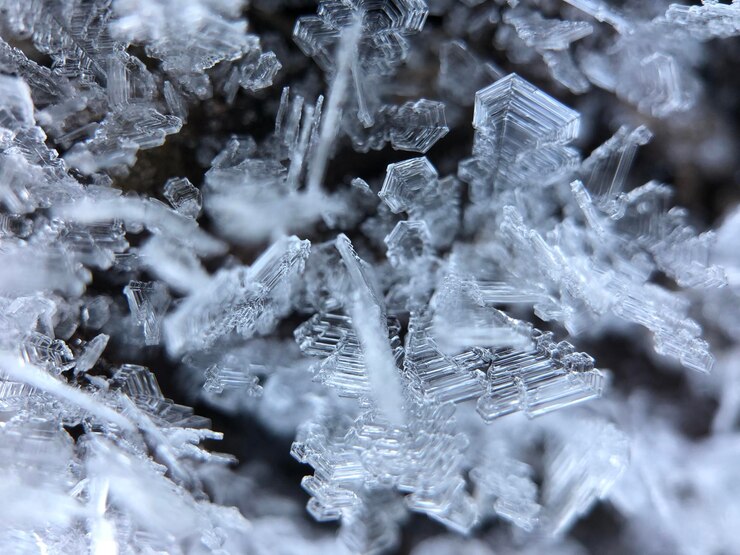Dry Ice is solidified Carbon Di-Oxide. When Dry ice melds, it turns into Carbon Di-Oxide Gas. Carbon Di-Oxide is present in the environment, but in low concentrations. It is colorless and odorless.

Below are uses of Dry ice
- Industrial Cleaning
- Hospitals for shipment of Bio medical samples, organs, blood, vaccines, etc.
- Cleaning Services of Metal Working Industry, Foundry, Printing Press, Food Industry, Rubber Industry, Plastic Industry, Foam Industry, Hotels etc.
Dry ice is the solid form of carbon dioxide (CO2), a white, ice-like and odorless solid. At normal pressure, dry ice sublimates at approx. -79°C, i.e. it transitions directly to the gas phase without prior melting.
Dry ice is produced from liquid carbon dioxide. In a dry ice pelletizer, liquid CO2 is expanded under controlled conditions. During this process, part of the carbon dioxide evaporates, cooling the remainder by evaporative cold until it freezes to form a so-called carbon dioxide or dry ice snow. This snow is then pressed though an extruder plate to obtain round, hard pellets. Depending on the extruder plate and the intended use,
In foundry technology, dry ice is used for a variety of applications, particularly for cleaning and degreasing molds, gravity dies, patterns and more.
Food refrigeration
As mentioned above, dry ice is used for refrigeration of perishable foods, particularly for temperature control during transport. It stands out for providing intense and uniform cooling without leaving any liquid residues.
Cold chain maintenance
Likewise, it can ensure cold chain maintenance, preserving the quality and freshness of food and medical products.
For example, dry ice is used to transport biological samples, vaccines, or medications, in addition to the preservation of biological and chemical samples that need to be kept at low temperatures.
Industrial sector
We just mentioned how the food and pharmaceutical industries make use of dry ice’s sublimation to safely transport and store products that require constant low temperatures.
Additionally, there are other products that may require dry ice for transportation, such as some chemicals or electronics.
In turn, dry ice is also used in industrial cleaning processes of machinery or equipment without the need for disassembly and without residual moisture, accounting for dry ice uses in industries such as electronics and others related to manufacturing.
Scientific research
Several scientific research processes rely on dry ice for their advancement. This is the case of the sample preservation at low temperatures, which plays a crucial role in ecology, molecular biology or chemistry, among others.
